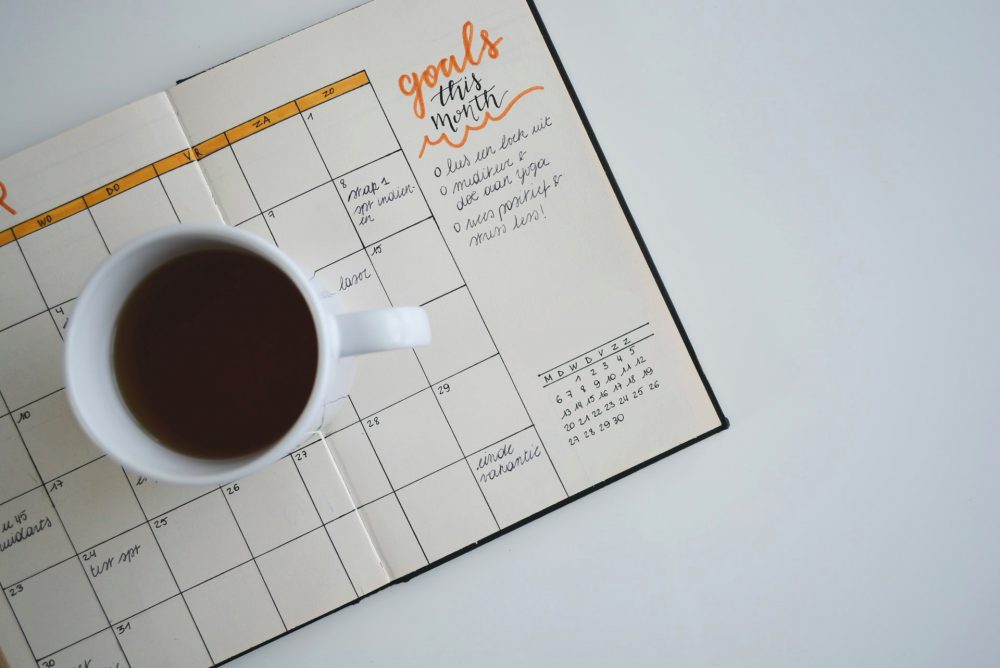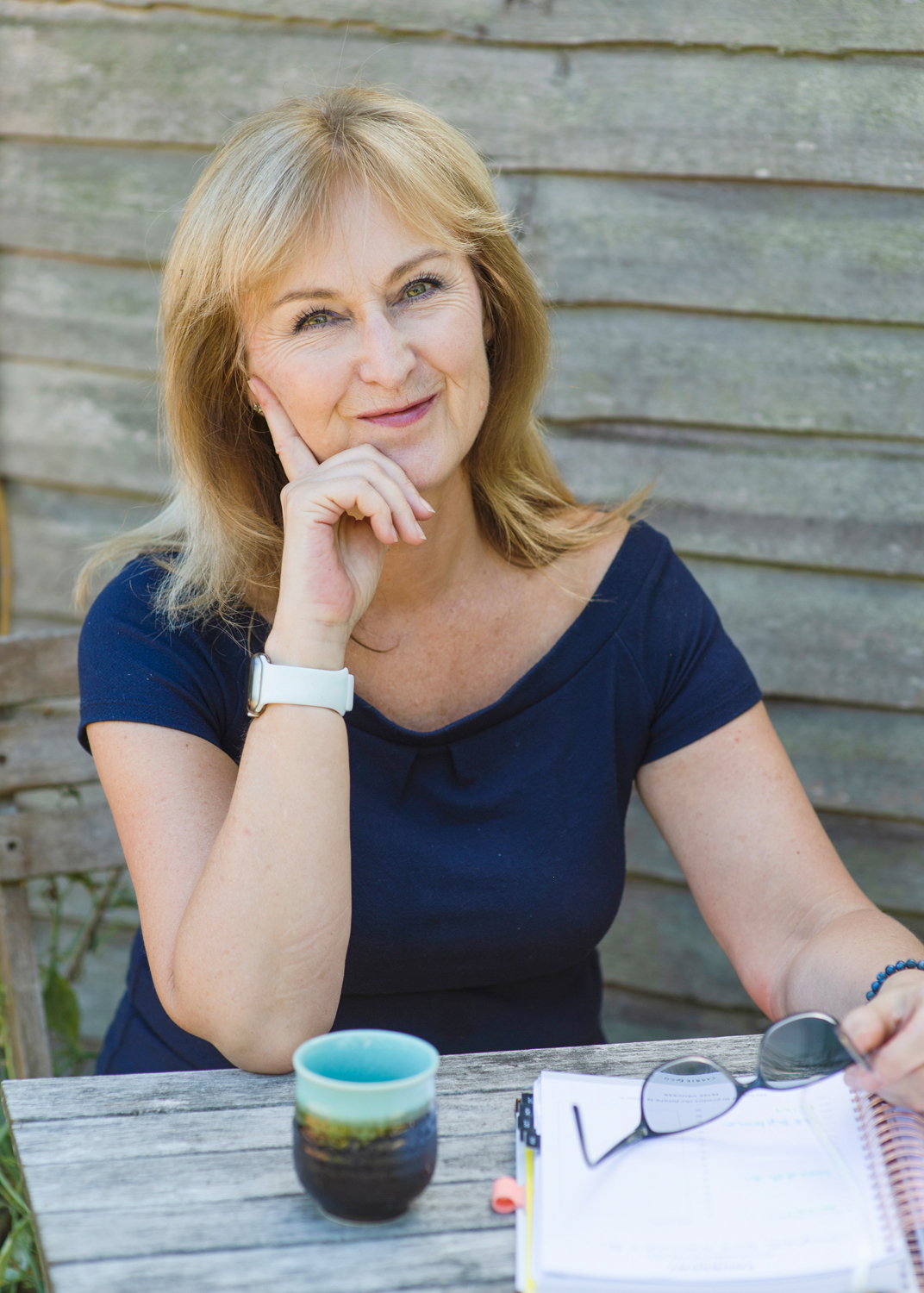 The number one goal for many people, particularly at this time of year, seems to be to set lots of goals!
The number one goal for many people, particularly at this time of year, seems to be to set lots of goals!However, setting goals may actually be counterproductive as only around 8% of people report achieving their new year resolutions which means a whopping 92% of us who set them don’t. This sets up the expectation of failure rather than success which becomes a self-fulfilling prophecy.
However, you can leave this cycle of set goals : fail goals behind and start to take small daily steps to your intentions, which will boost your chances of success.
Put simply a goal is a target with a measurable outcome and a specified timeframe. Now, there are definitely circumstances where goals are not only important, but critical, such as planning for an interview or sitting an exam. However, for most of us, life is already full of deadlines, pressures and ‘must do’ tasks, so by adding inflexible goals into the mix, it is no wonder that this creates unwanted overwhelm and anxiety. Add in the variables and unexpected events in life, and it becomes even more of a strain to keep on track. As a result, goals often get side-lined, and then forgotten – until we remember them and feel we have ‘failed’ again.
So, instead of creating inflexible goals, with the accompanying pressure they bring, spend time considering your ultimate aim in life. Not in an inflexible ‘it’s this or nothing’ way but as an overview of where you want to be in five, ten or however many years’ time.
When you have a clear idea of where you want to be, make a list of what you need to do to get there. Next, start to break it down into longer- and medium-term outcomes, then split those into shorter term plans and actions. Then look at what you can do each day to get you closer to your outcome.
For example, if your goal is to earn a certain amount, you may need to gain new clients, and to do this you know that you need your business to be more visible. So, you create a target of, for example, six speaking or writing engagements within two months. Then set your daily actions to achieve this. You could search for suitable podcasts one day, pitch to two of them the next day; search for publications another day, contact one or two the following day; search journalist requests each day and act on any that are suitable.
Your dream may be to go on holiday for one month in two years’ time. First, calculate how much this will cost – including the month off work. Then start to work backwards from there calculating how much income you need to generate each month or quarter. Set up a direct transfer to go from your income account to a holiday account each month. Also look at what you can do today to help reach that target. For example, coffee or lunch from home instead of shop bought will save money ‘today.’ Put the ‘unspent’ money directly into your holiday account and watch the total grow.
Another useful tool is linking to the outcome. With each daily step, say to yourself “this is helping me get to my outcome by (however it helps).” Or conversely, if you find yourself about to sabotage your plans, say “is doing this going to help or hinder my progress to my outcome?” then take a few moments to pause and think, and choose a different action.
The key factor is taking that one step each day to move you closer to your outcome. Some days may be a giant stride, others a tiny tiptoe – the size isn’t important, all that matters is that you are taking that daily step forward.
This approach to daily achievable actions rather than fixed goal setting takes the pressure off and minimises overwhelm by focusing on small steps or behaviours you can do today, not a vague idea of what you could/should do ‘soon’ and is more likely to get you to where you want to be.
After all, if you try to run a mile when you have never run before you are likely to collapse winded and aching after only a few hundred yards and never want to repeat the experience. But if you walk that mile at a comfortable pace, you will not only get there but feel great when you do – and you will feel confident about doing it again.
So, however big your dreams are, use the power of small daily steps to get you there.
 About the author
About the authorSarah Bolitho is a transformation specialist who helps women to identify and achieve their big dreams. Her one day at a time approach reduces overwhelm and pressure and focuses on small daily achievements that build confidence and success.
With over 30 years in the behaviour change and health related activity field, Sarah started her business, Fabnewlous, to help women to change their lives, or create a fabulous new start at whatever age or stage of life they are. She written articles, courses and a book on this subject and is a regular speaker on podcasts.
In her spare time, you will usually find Sarah walking in the mountains or by the sea to refresh and recharge.
